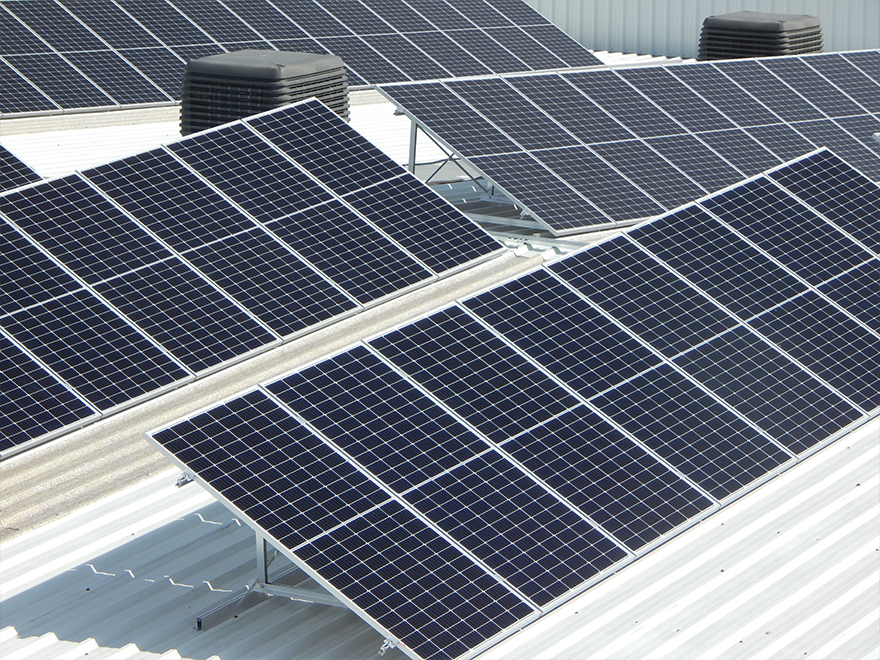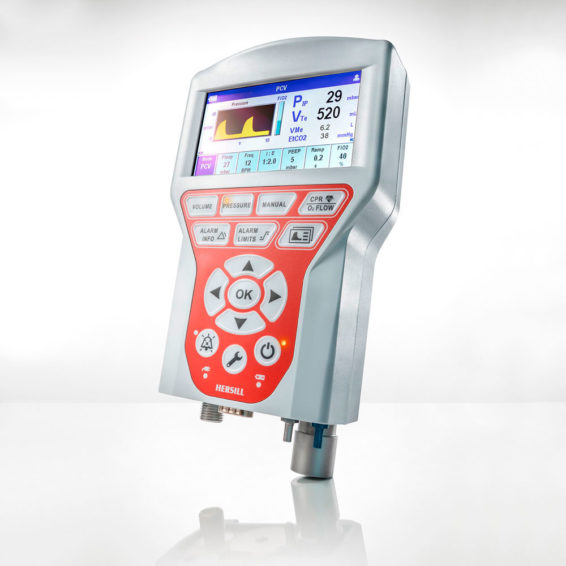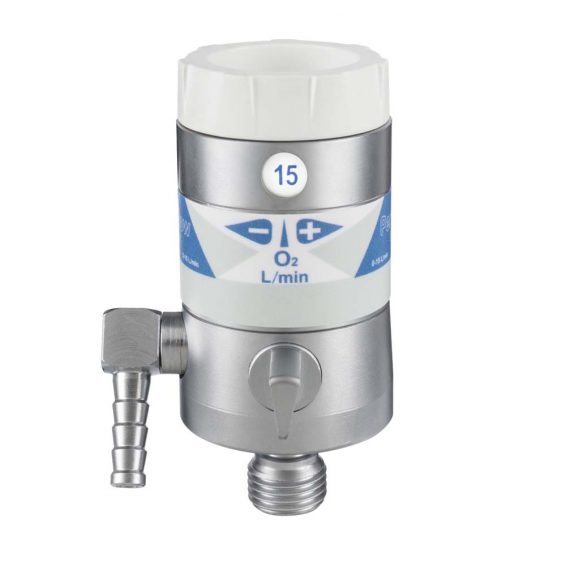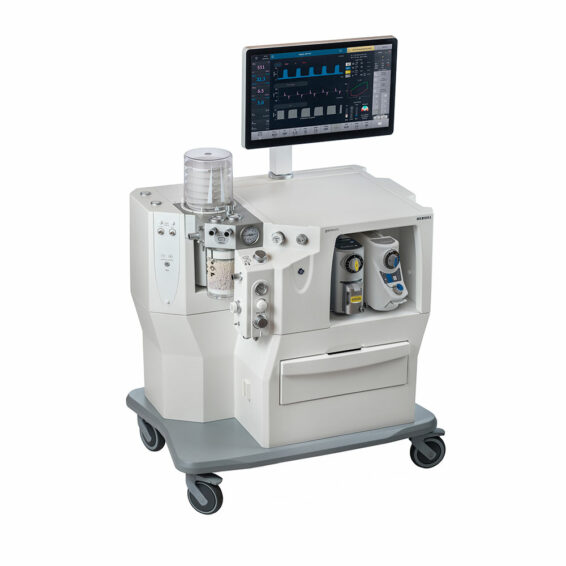HERSILL | NEWS | CSR | Madrid |10 AUGUST 2021
Cover photo: HERSILL
Almost six years ago, in 2015 specifically, all the Member States of the United Nations adopted the 2030 Agenda for Sustainable Development, to work together and join forces to take action led by all countries and societies where the improvement of life is a reality globally, without anyone being left out.
This Agenda contains 17 Sustainable Development Goals (SDGs) with a blueprint set out to ensure that, within 15 years, a sustainable future can be achieved. In this way, it is a question of making a universal appeal to eradicate poverty, protect and care for our planet, education, equality for women, achieve prosperity, peace and justice, etc. In short, to ensure that we all enjoy a better quality of life and have the best prospects for the future.
In relation to these efforts made by UN partners to build a better and more sustainable world, HERSILL joins in this fight and is enthusiastic about achieving these goals, aware of the challenge it represents. On January 23, 2019, encouraged by the company’s respect for the environment and wanting to join the challenge of sustainability, it obtained ISO 14 001:2015 certification, acquiring from that moment a firm commitment to take the necessary measures to help prevent pollution, reduce energy consumption and minimise environmental impacts, being aware that climate change is becoming more and more evident and that climate change is becoming increasingly important. the overriding need to minimise the consumption of natural resources.
ASEQUIBLE AND NON-CONTAMINATING ENERGY
In this case, HERSILL, in line with Goal 7: Ensure access to affordable, safe, sustainable and modern energy, put its photovoltaic system into operation on its premises last July 2020, producing more than 50% of the annual electricity consumption in both offices and the production building. Its aim is to take the necessary measures to save energy and thereby reduce the company’s carbon footprint (the set of greenhouse gases produced by companies or households due to the consumption of gas and electricity). By choosing to install solar panels in addition to reducing our dependence on electricity, we opt for renewable energy that does not emit greenhouse gases.
According to the UN, “energy is central to almost all of the great challenges and opportunities facing us and opportunities facing the world today.”
Energy is the major contributor to climate change, accounting for about 60 per cent of all global greenhouse gas emissions.
ENERGY PROGRESS REPORT: provides a snapshot of the way ahead to achieve the 2030 Sustainable Development Goals targets, through the updated global record of each country’s progress to date on energy access, energy efficiency and renewable energy.
PHOTOVOLTAIC SOLAR ENERGY AND SOLAR ENERGY SUPPLY
This type of renewable energy is able to transform solar energy (produced by light or heat from the sun) into electricity (photoelectric effect) by means of mirrors or panels arranged with a series of photovoltaic solar cell systems, becoming the best option for the maximum use of solar energy. These solar thermal collectors are responsible for absorbing and concentrating solar heat, transferring it to a fluid and conducting it through pipelines for use in buildings or even for the production of electricity (thermoelectric solar).
In recent years, there have been great advances in this type of energy, which offers greater assurance and enhances its many advantages, which is why it is growing rapidly and strongly in the household energy industry and, more recently, in companies and industrial buildings. This is why HERSILL is also committed to photovoltaic solar energy:
- Efficient energy: it represents a clear saving, up to 40-60%. One of the most efficient renewable technologies in the fight against climate change.
- Clean and sustainable energy: It does not consume fuel, so it does not generate waste and does not pollute water. It helps reduce environmental impact. It does not emit greenhouse gases, so it does not contribute to global warming. It does not emit toxic substances or air pollutants, which can be harmful not only to the environment but also to human health.
- Inexhaustible and free energy: It is supplied by nature (the sun), so it is available almost anywhere at no cost, in addition to being renewable.
- Low-cost energy: cheaper than conventional energy, economical installation, reduced operation and maintenance due to the fact that the panels do not have an excess of mechanically moving parts, which leads to fewer breakages.
- Local energy and sustainable development: available almost everywhere, helping to reduce energy imports and create wealth and jobs locally.
- Versatility and adaptability: Panels can be placed anywhere, allowing the inclusion of new panels if you want to expand.
- Silent energy: thus avoiding noise pollution.
“The Union of Concerned Scientists argues that only 18 days of solar irradiation on Earth contain the same amount of energy as that accumulated by all the world’s coal, oil and natural gas reserves.” (www.acciona.com – renewable energy-solar energy)
TIPS FOR IMPROVED ENERGY ADMINISTRATION IN YOUR BUSINESS and INCREASE ENERGY SAVING





